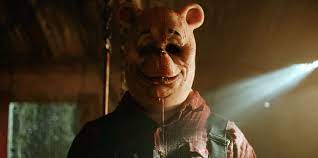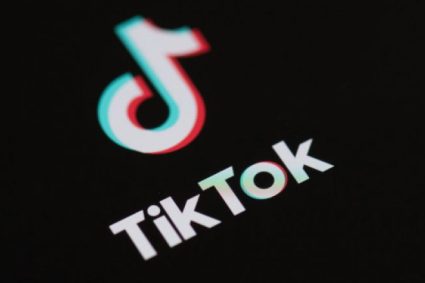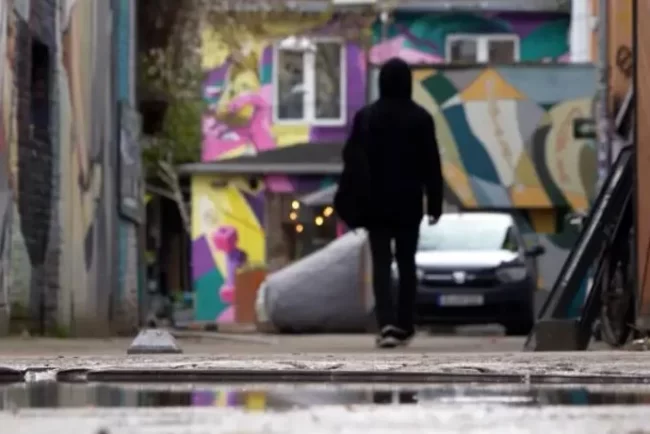
A new Winnie the Pooh horror film will not be released in Hong Kong and Macau, its distributor has said.

VII Pillars Entertainment apologized for the “disappointment and inconvenience” to viewers in China’s Special Administrative Regions.
The film was released in the US in February and across the UK in March.
References to the original and family version of Winnie the Pooh have been used to protest against President Xi Jinping in recent years.
The protest began after an image showing Chinese President Xi Jinping and former US President Barack Obama began circulating in 2013.
Censors in China have since suppressed references to AA Milne’s character, and the 2018 Christopher Robin film was banned in the country.
The Hong Kong Film, Newspaper and Articles Administration Office denied the film was censored, saying it had issued a certificate of approval for the horror film.
The office told Reuters it would not comment on commercial decisions made about the film.
The film’s director Rhys Frake-Waterfield told Reuters: “The cinemas agreed to show it, then they all independently make the same decision overnight. It won’t be a coincidence.
“They claim technical reasons, but there is no technical reason. The film has been shown in over 4,000 cinema screens worldwide. These 30-plus screens in Hong Kong are the only ones with such problems.”

The horror film received a score of only 4% on the film rating site Rotten Tomatoes. It depicts the bear, known for being kind and honest, as a vengeful ax wielding half man, half bear.
It went viral on the internet when the trailer was released.
Frake-Waterfield was able to make the film when the 95-year-old copyright for Milne’s first Winnie the Pooh story passed to the US in January last year.
But Disney — which bought several licenses in the 1960s — still owns some rights. Trademark laws mean the bear can’t wear a red T-shirt in a horror movie, for example.
“We weren’t allowed to have him say things like ‘oh shit’,” Frake-Waterfield told BBC Culture last month.
“There are these elements where we have to be careful not to infringe on their brand and territory because that is not the goal.
“The goal isn’t just to steal their copyright and use it for our own purposes. It’s to get away from something that’s possible to use because it’s now publicly available, and just go to a extreme tangents from that point and make this horrible. alternate version of it.”

















